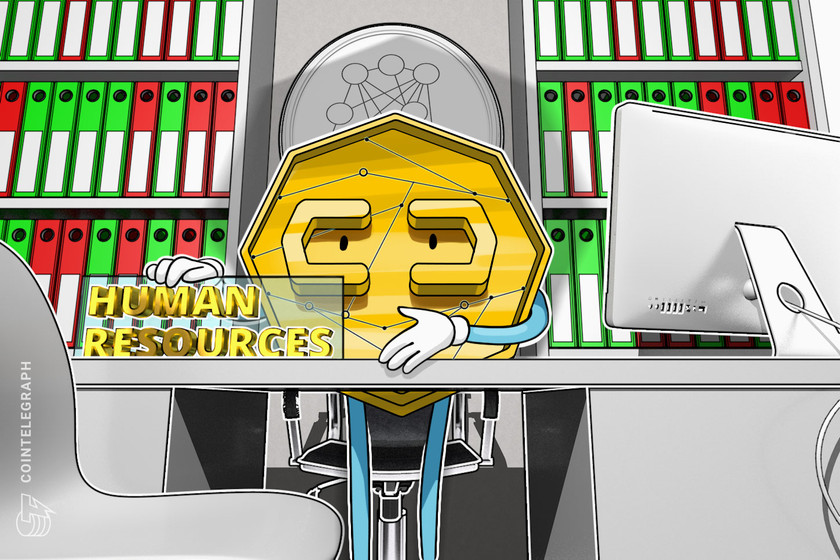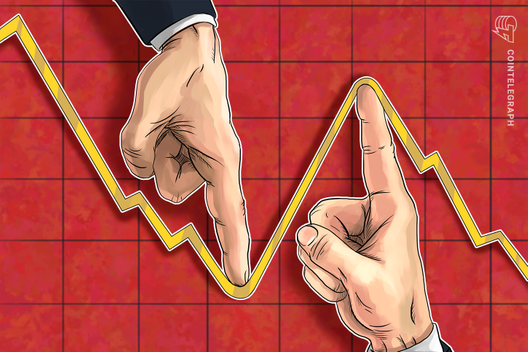How to maximize cryptocurrency earnings with smart trading

With news of early adopters retiring millionaires, and newbies making a 300% profit or more on their cryptocurrency holdings, investing in digital assets is seen by many as a lucrative opportunity.
That said, cryptocurrency continues to exist as one of the most volatile asset classes, marked with significant price swings branching from the highest highs to the lowest lows. For this reason, it is common for new investors to make attempts to time the market, especially if they have had a few successful trades under their belt.
Unfortunately, this is dangerous thinking since, like traditional asset classes, determining when a surge or dip will occur is impossible. For example, few could have predicted the current market the world is experiencing, which has made for a prime buying opportunity now that top cap tokens are facing a significant markdown from previous all-time highs.
Added complexity comes down to the cryptocurrency market being available 24 hours a day, making it all that more of an intimidating landscape for new investors to navigate. As a result, there is no proper way to time the cryptocurrency market, with the very thought being highly discouraged.
For those looking at long-term methods of building wealth, patience and strategy become increasingly crucial over timing an entry point. Like traditional assets, cryptocurrency follows standard cycles, with prices constantly compounding.
Meaning long-term investors with a particularly strong focus on strategy are far more likely to gain wealth than short-term traders. As the saying goes, timing the market time often loses to time spent in the market.
Therefore, investors are encouraged to move away from luck towards more responsible investment strategies. Consider that despite crypto trades available all day, a careful everyday analysis will result in patterns, and the addition of strategy will minimize risk.
Employing a strategy
Enabling a smart trading strategy comes down to several key principles, including investing only what a trader is willing to lose and avoiding the compelling sway of fear and greed. These efforts are often only easy in theory and require the assistance of a partially or fully automated trading platform to help execute.
For example, users are encouraged to adopt a dollar-cost averaging (DCA) strategy rather than attempting to time a dip in the market, where they can use it to build their cryptocurrency portfolio while limiting stress.
The strategy, favored by Warren Buffet, looks to buy into a holding by spreading out payments over a period of time, varying the price of purchase. Investors will typically set a recurring amount to be paid out, effectively averaging out the cost of the asset over time and limiting the potential impact of paying too much or missing a drop in prices. Many new investment tools aim to simplify this process through automation, enabling users to select a trading frequency (hourly, daily, weekly, etc.) and price limit, which the said automated platform will execute.
Following a similar strategy is the concept of grid trading. Grid trading occurs when orders are placed above and below a set price.
In practice, traders can place buy orders at every $2,000 below the price of Bitcoin (BTC) and sell orders above the market price. As assets fluctuate within that range, an automated program will look to these movements to buy low and sell high. With this strategy, investors will not need to time the market and profit from sideways markets when the price fluctuates within a given range.
Minimizing the impact
To help branch this knowledge gap for new traders, Matrixport has released a series of tools to make cryptocurrency trading smarter. Currently, Matrixport exists as one of Asia’s fastest-growing digital assets financial services platforms, releasing products such as an Auto-Invest tool for users to employ DCA, functionality for enabling a grid strategy and options-based Buy-Below-Market (BBM) and Sell-Above Market (SAM) offerings.
BBM and SAM were released as the first of their kind in the industry, enabling users to buy and sell Bitcoin at discounts or premiums relative to the market price. These offerings were inspired by the traditional wealth management accumulator and decumulator products that were reimagined for cryptocurrency investors. For investors, the benefit is twofold, allowing investors to tame an otherwise volatile market while eliminating the human emotion that elicits panicked reactions to market dips. Although the minimum requirement for the traditional model was $1 million, the BBM/SAM feature has made the feature accessible to the everyday investor with a lower minimum of $100.
More insights on matrixport here
The result of each pricing option may have one of three outcomes. In the case of BBM, this may be the asset settling in range and resulting in 50% of the user’s fund being used to purchase the asset, the price settling on the lower bound of the range and used to buy the asset or the price settling above the range with the order being knocked out. And wSAM is the reverse strategy of BBM.
Through the use of tools like BBM and SAM, among others, investors will be equipped to fill in the missing gaps in their smart trading strategies. Although not eliminating all risks, Matrixport boasts the smooth market transition for new investors as a conservative approach that removes any need to time the market.
Disclaimer. Cointelegraph does not endorse any content or product on this page. While we aim at providing you with all important information that we could obtain, readers should do their own research before taking any actions related to the company and carry full responsibility for their decisions, nor can this article be considered as investment advice.









